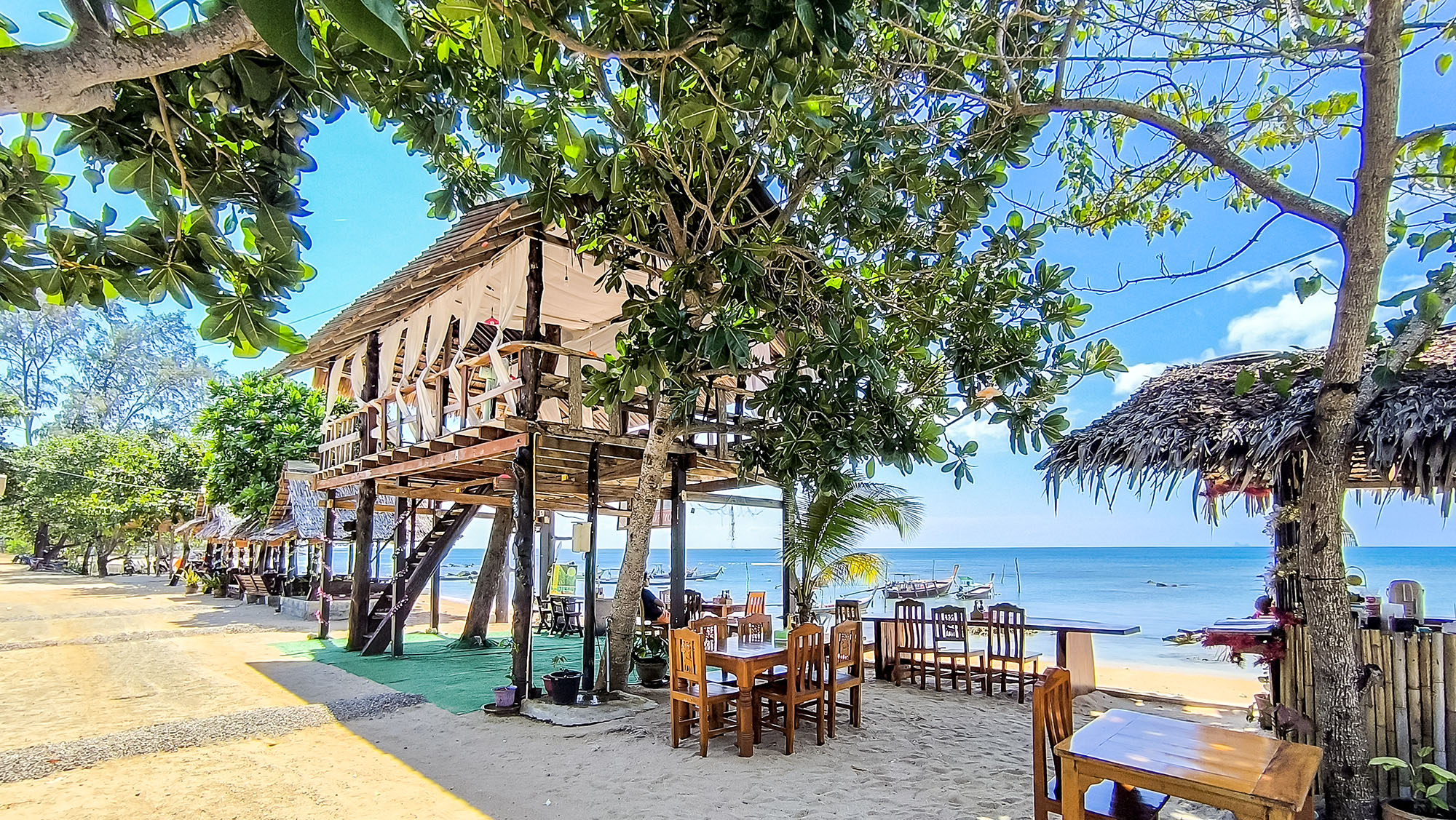Complete Guide to Foreign Property Ownership in Thailand
Complete Guide to Foreign Property Ownership in Thailand (2025) Are you a foreigner looking to buy property in Thailand? This comprehensive guide explains everything you need to know about Thai property ownership laws, restrictions, and legal solutions for foreign buyers.

Understanding Foreign Property Rights in Thailand
Thailand has specific regulations governing foreign property ownership. Before making any investment, it’s crucial to understand what foreigners can and cannot legally own in the Thai real estate market.
What Foreigners Can Own in Thailand
- Condominium units (with specific restrictions)
- Buildings (separate from land ownership)
- Leasehold rights up to 30 years on land or buildings
What Foreigners Cannot Own in Thailand
- Freehold land directly
- More than 49% of shares in a Thai land-owning company
Buying a Condominium in Thailand as a Foreigner
The Condominium Act of 1979 provides a straightforward path for foreign property ownership in Thailand. Here are the key points:
- Foreigners can own up to 49% of the total unit space in any registered condominium
- A letter of guarantee from the condominium juristic person is required
- The total foreign ownership in any condo building cannot exceed 49%
Foreign Exchange Requirements for Condo Purchase
When buying a condominium in Thailand, foreign buyers must:
- Transfer 100% of the funds from overseas in foreign currency
- Obtain a Foreign Exchange Transaction Form (FETF) from a Thai bank
- Ensure the transfer amount is at least USD 20,000 equivalent
- Clearly specify payment details including condo name and unit number
Legal Options for Land Ownership in Thailand
While direct land ownership is restricted, foreigners have two primary legal options for controlling land in Thailand:
1. Long-Term Leasehold Structure
- Initial 30-year lease period
- Possibility of two 30-year renewals (total 90 years)
- Secured by building ownership rights
- Protected under Thai Civil Law
- Separate building ownership from land title
2. Thai Limited Liability Company
- Foreign ownership limited to 49% of shares
- Thai nationals must hold 51% of shares
- Management control through directorship
- Company can legally own land
- Subject to government scrutiny of Thai shareholder funding
Special Considerations for Thai-Foreign Marriages
Since 1999, Thai nationals married to foreigners have maintained their right to purchase land, subject to these conditions:
- Thai spouse must prove sole ownership of purchase funds
- Foreign spouse must sign a declaration renouncing claims to the land
- Funds must belong to Thai spouse before marriage
- Property rights protected under 1999 Ministerial regulation
Legal Protection When Buying Property
Important safeguards for foreign property buyers:
- Always engage a qualified Thai property lawyer
- Verify all ownership documents
- Conduct due diligence on property titles
- Ensure proper contract documentation
- Follow all foreign exchange regulations
Key Takeaways for Foreign Property Buyers
- Research thoroughly before investing
- Understand legal ownership restrictions
- Follow proper fund transfer procedures
- Seek professional legal guidance
- Consider long-term implications of ownership structure
- Verify all documentation and titles
Conclusion
Investing in Thai property as a foreigner requires careful planning and understanding of local laws, but it can be a rewarding venture when done correctly. While restrictions exist on foreign land ownership, there are several viable options available through condominiums, leasehold arrangements, or properly structured company ownership.
Next Steps for Prospective Buyers
- Determine your preferred property type (condominium, house, or commercial property)
- Set a realistic budget including additional costs and fees
- Contact a qualified Thai property lawyer
- Research target locations and property developments
- Prepare necessary documentation for fund transfers
- Consider long-term investment goals and exit strategies
Important Reminders
Remember that each property acquisition method has its own advantages and considerations. Condominiums offer the most straightforward path to ownership, while leasehold properties and company structures provide alternatives for those interested in landing or housing. Regardless of your chosen method, always ensure:
- All transactions are properly documented
- Funds are transferred according to Thai regulations
- Legal advice is sought before signing any agreements
- Due diligence is conducted on all properties
- Property titles and ownership histories are verified
With proper preparation and professional guidance, foreign buyers can successfully navigate Thailand’s property market and secure their desired investment while complying with all legal requirements.
For the most current regulations and requirements, always consult with legal professionals and relevant government authorities, as property laws and requirements may be subject to change.
Complete Guide to Foreign Property Ownership in Thailand
Contact us today to schedule a viewing or learn more about this Koh Lanta land for sale.
-
Contact 1 (English & Thai)
☎ Tel/WhatsApp/Line: (+66) 063 613 3668
📧 Email: reongshewa@gmail.com
-
Contact 2 (English & Thai)
☎ Tel/WhatsApp/Line: (+66) 062 538 0555
📧 Email: sombatkasikunme@gmail.com









